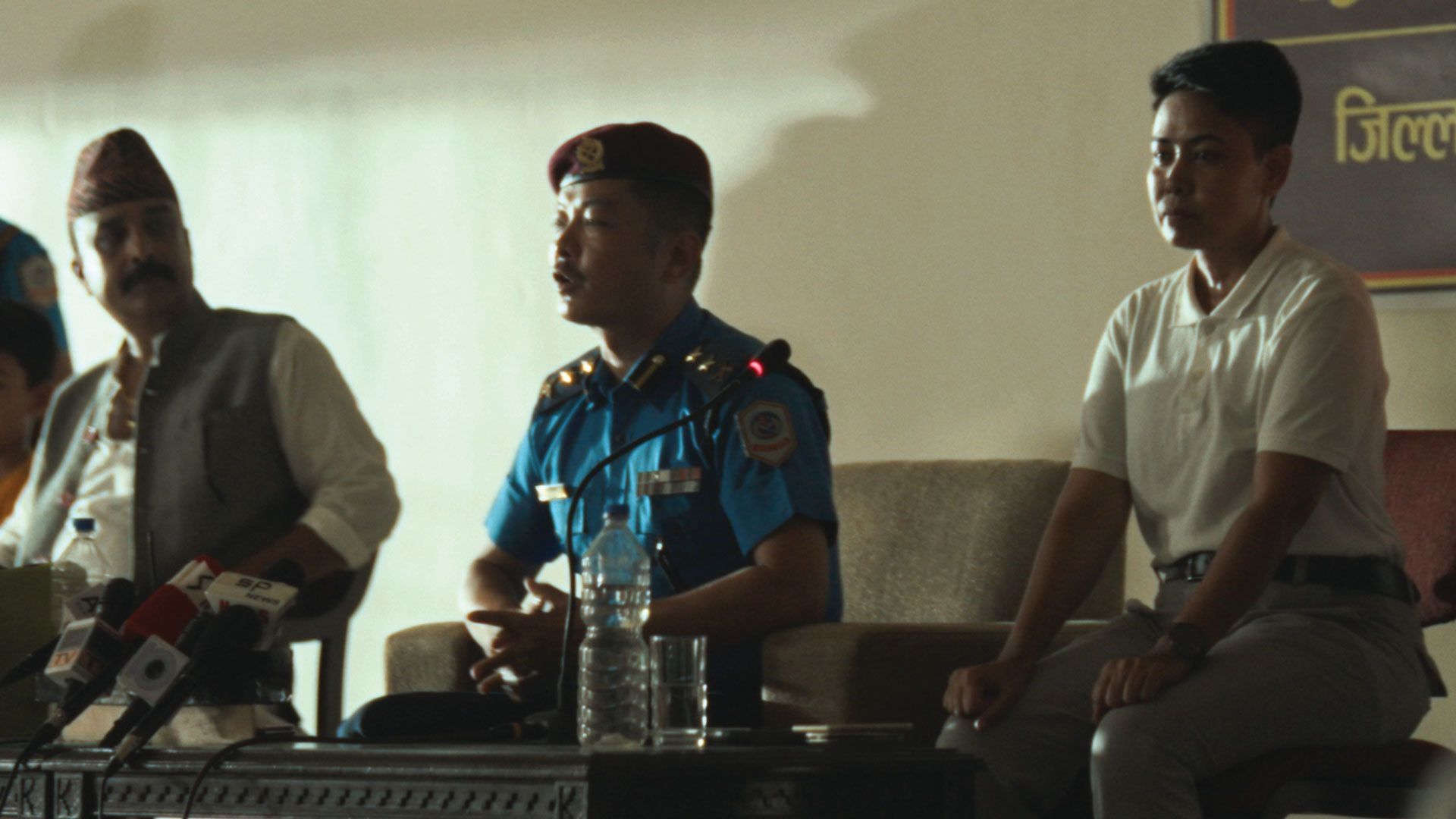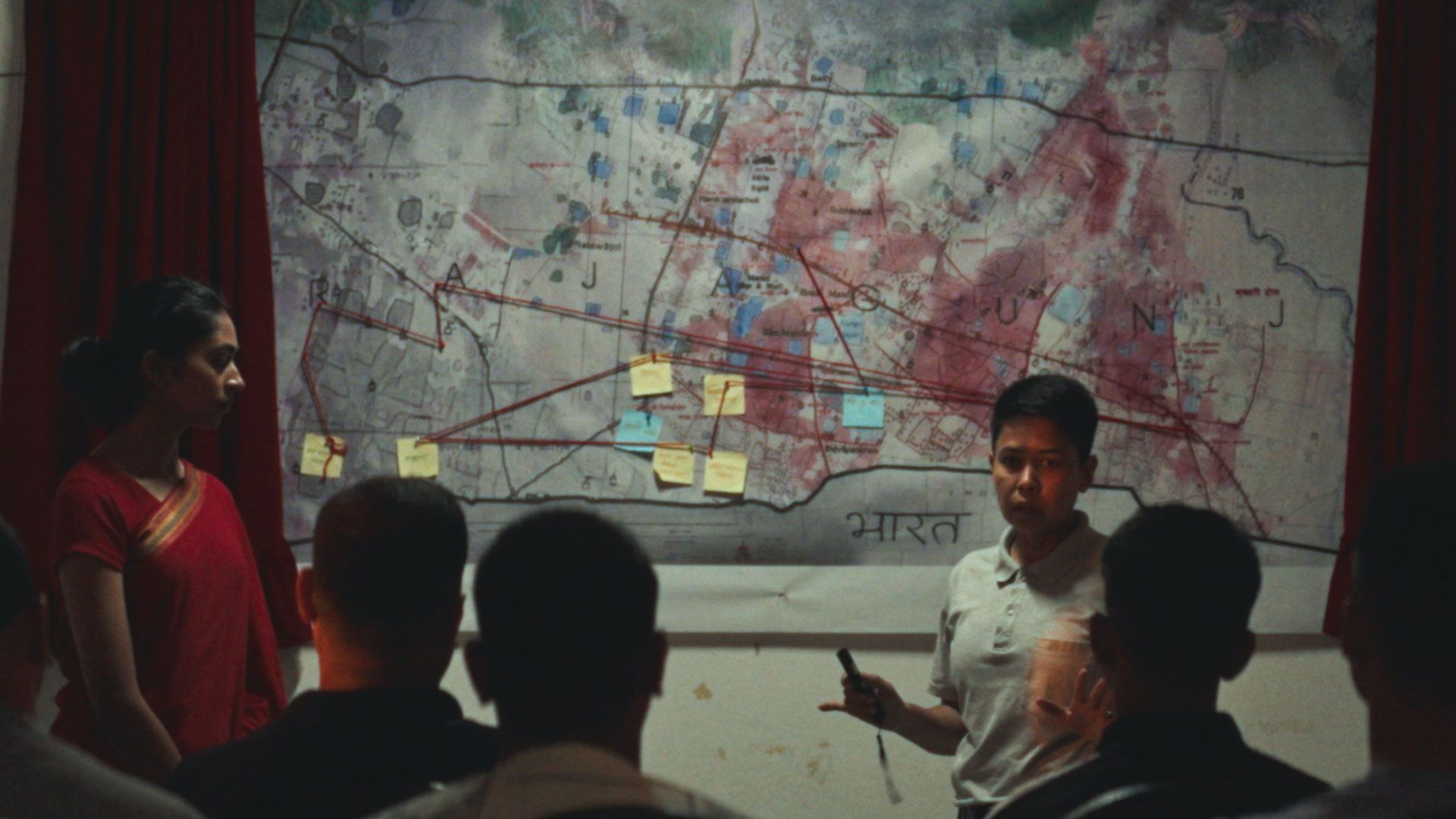Pooja, Sir
A police officer tries to solve a kidnapping case within Nepal’s disenfranchised Madhesi community.
The investigation into two kidnapped boys becomes increasingly personal for the detective assigned to the case in “Pooja, Sir”, a spare, affecting thriller. Inspired by the protests orchestrated in 2015 in Nepal by disenfranchised ethnic minority community the Madhesi, director Deepak Rauniyar has crafted a film powered by a sense of outrage and sorrow at a nation riven by sexism and bigotry. The story’s inherently emotional underpinnings are made more overt by the casting of Rauniyar’s wife – actress, producer, co-writer and frequent collaborator Asha Magrati – who plays the resolute cop determined to find these missing children, even as she navigates a society disinclined to help her.
Tim Grierson, Screen International

Deepak Rauniyar (1978) is an award-winning director, writer and producer. As one of the few internationally acclaimed cinema directors from Nepal, in his work he focuses on social injustice, especially racial and gender discrimination. His first feature film “Highway” (2012) premiered at Berlinale, and was later shown at Locarno. His second feature “White Sun” (2016) debuted at the Venice Orizzonti competition with rave reviews. The film screened internationally at over 100 film festivals, including Toronto, Locarno, Rotterdam, Sydney, and Taipei. It won the Interfilm Award at Venice and Best Film at the Singapore and Palm Springs Film Festivals. Nepal nominated “White Sun” for the Best Foreign Language Film at the 90th Academy Awards.
Highway (2012), Seto Surya (White Sun, 2016), Pooja, Sir (2024)



